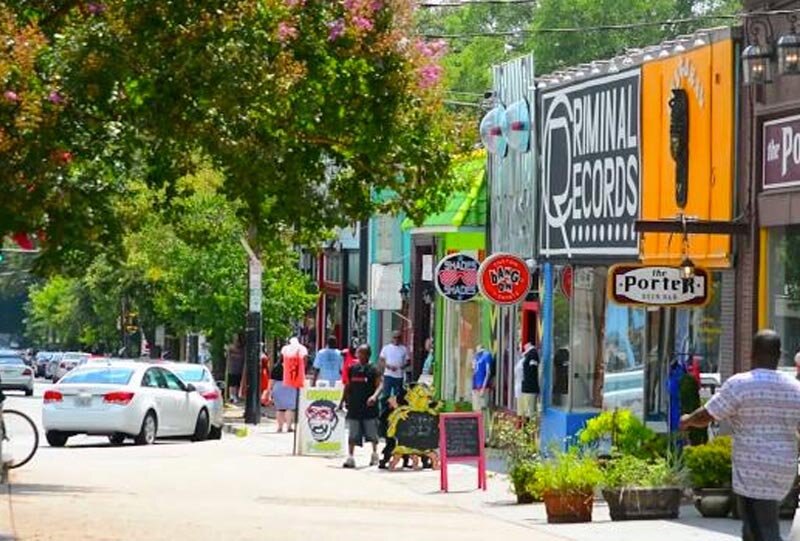Amir’s vision for the next four years is inclusive, responsible, progressive, and ambitious. He believes our policymaking needs to be bolder while paying greater attention to the details that make cities livable and vibrant. From the quality of sidewalks to the tone and efficiency of city services to how we lower violent crime rates and promote equity, he will call for excellence over mediocrity.
In a second term, Amir will focus on:
Accessibility
A welcoming city is an accessible one for all its residents. This year, I was proud to introduce and pass a bill changing the accessibility icon to a more dynamic image that presents greater movement. Through my Downtown Decides! initiative, we were able to fund multiple accessible street crossings. I am also seeking to find a way to implement an Accessible Business Entrance Program, which provides businesses with incentives ease physical access and use of facilities.
Arts & Culture
Arts and culture is central to our economy, quality of life, and international influence. Yet, despite the success of our creative community, City Hall invests far less in the arts than peer cities who are striving to achieve our level of success. Since taking office, I have actively sought out ways to strengthen public support for arts and culture. This included the successful push in 2018 to more than double the budget for the City’s Office of Cultural Affairs. My goal is to continue this push and dedicate more dollars for to support artists and cultural organizations. I’m hopeful that this and other measures move forward and that we take a more active role in supporting our creative community so that Atlanta can remain the cultural hub of the South and retain its artistic influence around the world.
City Services
Ambition and big ideas are essential for a city of our size and influence. But it’s the little things that City Hall can do that make the most immediate impact on our lives. We must do a better job delivering the core services residents expect. This means ensuring that your trash gets picked up on time, the streetlights work, and our sewer system is functional. It means repairing cracked roads and potholes. Together, these things add up to create a positive or negative experience living here. We don’t do this well. You deserve that we do.
Climate & Sustainability
Climate change is an existential threat to the world. Our city must play an active role in combatting it. In addition to pressing for greater state and federal action, there are tangible things I am working on at the municipal level. In 2019, I passed a ban on non-reusable plastics by vendors on all city properties, including at the airport. I will strive to work with the private sector to grow this mandate. While the state is impeding action, I would like to see us do more to regulate gas-powered lawn equipment. And I’m continuing to explore ways to retrofit low-income housing in the name of both sustainability and lower utility bills for occupants. Atlanta has set ambitious climate and sustainability goals and I will continue to champion achieving them.
Early Education
There is no silver bullet to address intergenerational poverty or the lack of opportunity in our city. But early learning is a key piece of the answer. Study after study underscores how important it is for kids to be in a classroom before kindergarten. Every kid deserves a fair shot. It also makes economic sense. A dollar invested early means lower incarceration rates as well as higher employment rates and tax revenues. It results in more productive members of society with next to no sunk costs. The City should collaborate with APS and DeKalb and Fulton counties to expand access to these programs across Atlanta.
Economic Recovery
Job creators and businesses, especially small and mid-sized businesses, must be a high priority. This is true every year, but particularly now as we seek to recover from the economic effects of the COVID-19 pandemic. To date, I have passed bills that offer temporary relief from things like business licenses or permits for outdoor dining. But we must do more. That’s why I’m launching “Jumpstart Atlanta,” an effort to address persistent regulatory and zoning challenges that various businesses face that could be safely done away with. More details to come soon.
Guaranteed Income
Atlanta has the worst, or near worst wealth mobility and income inequality rates among major American cities. Those who are born with little in our city, have next to no chance to improve their circumstance. Moreover, too many Atlantans, most of whom are Black, experience deep economic insecurity at no fault of their own. The most immediate action is to provide direct cash payments to those in need. In case study after case study, including the 2019 CARES ACT, we have seen these programs be successful.
I am presently in the process of launching Atlanta’s first Guaranteed Income pilot, right here in District 2. The Old Fourth Ward Economic Security Task Force convened in 2020 with a summary report that can be viewed here. I, and others, working to raise private philanthropic -- non-public — dollars to launch. Click here, to learn more.
Housing
As Atlanta grows, we must embrace density to accommodate more people and to provide more affordable housing.
While this is a complicated and nuanced area, in broad strokes we must do two things at once to better about housing. First, spend money on immediate relief, which is provided by policy tools such as abatements, home repair for seniors, and subsidies. This will be accomplished through the Mayor’s recent $100 million bond, passed by Council. Second, we must pay greater attention to zoning. Atlanta’s budget isn’t big enough to sustainably spend our way past this challenge. We need zoning regulations that incent dense development, which will use market forces to drive up housing stock, lower prices, and ease our housing challenge without bankrupting the city.
Development & Managed Growth
As in any growing city, there is a natural tension that exists between growth and quality of life, between residents and developers, between progress and conservation of our community’s character. We achieve all of this with intentionality. Much of it has to do with planning and design, something I am able to help steer as Chair of the Zoning Committee. Much too deals with our pursuit of excellence in constituent services and proactivity around legislation dealing with livability. It also integrates convening the development community so that they have a seat at the table and operate under regulations that are thoughtful rather than excessively burdensome.
Mobility
Atlanta’s underlying design is flawed. Our city is, by and large, designed for cars. Yet, our best city will include safer streets, multi-modal connectivity, and an attention to the pedestrian experience. To get there we must invest in and redesign our infrastructure. We must be smarter with our zoning and regulations. We have to get the little things right like maintaining our roads and sidewalks (more below), think big and embrace “complete street” plans and more aspirational transit models. Cars will continue to be part of our transportation network but we must rethink how Atlantans move around, especially as more and more people move here each year.
A Tax on Parking
We are too dependent on property taxes. That hurts Atlanta homeowners who pay for services and wear and tear that non-residents impose but don’t help fully pay for. Introducing a tax on non-residential parking would ease that imbalance. Research shows that even at a modest rate, it could yield about $50 million annually. A parking tax also incents development patterns that will help us into the future – more residential space and fewer expanses of endless surface lots. If City Hall collaborates with MARTA on this issue, we could avoid political obstacles and begin using proceeds to invest in things like infrastructure and transit-oriented development.
Participatory Budgeting
You should be able to directly decide how some tax dollars are spent. Since taking office, I have been a proponent of Participatory Budgeting (PB). Through PB, in short, a % of a city’s budget is set aside so that residents may propose ideas and then vote on how to spend it. PB could be transformational if implemented across Atlanta. It improves trust in government and civic engagement by giving you a stake in how your tax dollars are spent.
In 2020, with Central Atlanta Progress, I launched Downtown Decides!, a $1 million transportation-specific PB Pilot run Downtown, to test this idea. The program was a great success with hundreds of ideas submitted, nearly 4,000 people voting, and 17 winning projects selected which are now in various stages of construction. Click here to learn more. This year, I will launch a second iteration in Candler Park. My goal in the years to come is to build on these efforts and grow PB so that it may ultimately constitute a permanent set aside in our annual budgets.
Public Safety
There is no more basic service than a city provides to its residents than public safety. After a year with a 58% increase in homicides, we have to do better. Recently, I outlined a series of reforms that address escalating violent crime rates, a street racing epidemic, officer retention issues, and other concerns. To highlight a few, we should appoint a permanent police chief after over six months without one. We must introduce retention bonuses and invest in more equipment. I would push to expand the use technology, including cameras. I would grow programs such as pre-arrest diversion and others that lower crime rates using more targeted social service outreach while taking a burden off of APD. We should also explore the creation of an Office of Nightlife and Culture, greater emphasis on inter-governmental cooperation, as well as using city design to rethink spaces and make them safer.
All of the above should occur as we continue to have a conversation around reforming use of force protocols, expanding community policing approaches, and other measures to advance equity. Importantly, we should have this conversation with APD at the table, so that morale improves and we work towards collaborative, substantive solutions rather than empty gestures.
Vibrant Neighborhoods
Atlanta is as much a single city as it is a collection of 242 neighborhoods, each as unique and dynamic as the last. District 2 is home to six of them – Midtown, Downtown, Inman Park, Candler Park, Poncey-Highland, and the Old Fourth Ward. City governance is about fostering great places to live across all of these communities. Each neighborhood should inspire us and make us feel safe and alive. While principles of urbanism are part of this, so too is attention to detail like uniformity of signage, aesthetics of our buildings, space for outdoor physical activity, and the quality of materials used for our public spaces. I am committed to achieving these ends, to the achieving these ends and safeguarding the vibrancy of Atlanta.
Sidewalks
Atlanta has a $250 million+ backlog in sidewalk repairs and another $500 million in needed new construction. Since taking office in 2018, I have been pushing to address this challenge. I introduced bills to quantify the backlog so that we may understand the scope of the problem. More recently, I passed legislation asking for proposed multi-year financial models by which we might pay down these liabilities. Looking ahead, I’m exploring creative financing solutions through things like cordon pricing. I will also press to make our next T-SPLOST, a “Sidewalk SPLOST” – one with a far more narrow and transparent mandate than our current SPLOST.
Trees & Parks
If we want to retain the moniker as being “the city in a forest,” Atlanta simply must pass an update to its Tree Ordinance. City Council, in tandem with the Department of City Planning, have spent years on the bill, which we hope to pass soon. But preservation cannot simply stop at our tree canopy, but must extend to all green and recreation space. We must complete the BeltLine in a timely fashion and realize its vision of access and equity. We must find creative avenues to build parklets, to strive towards the goal that a park is within walking distance for all Atlanta residents. And we should incorporate set asides into comprehensive planning decisions so that amid growth and increased density, we don’t sacrifice the livability of a community – which requires open spaces.


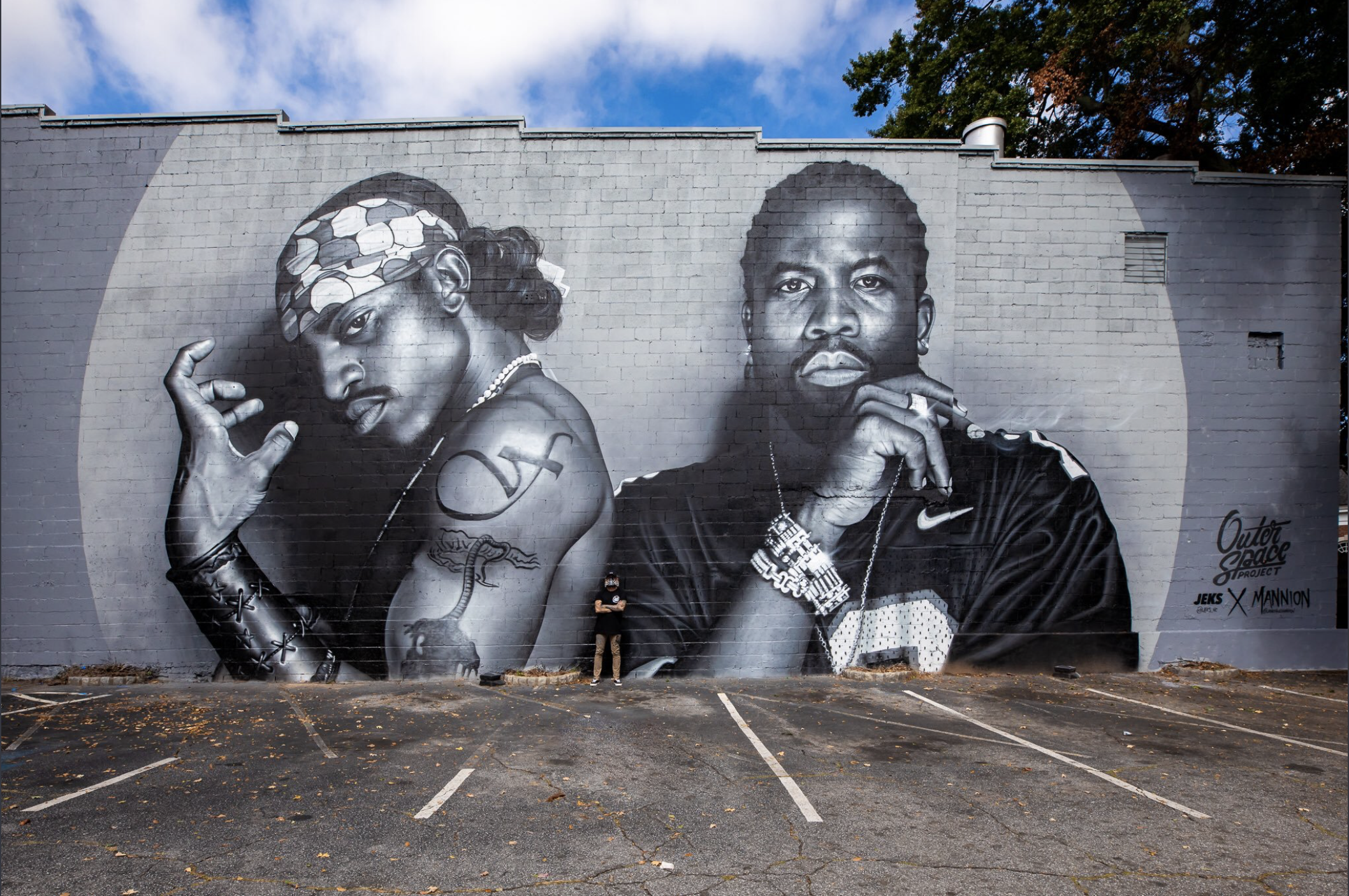





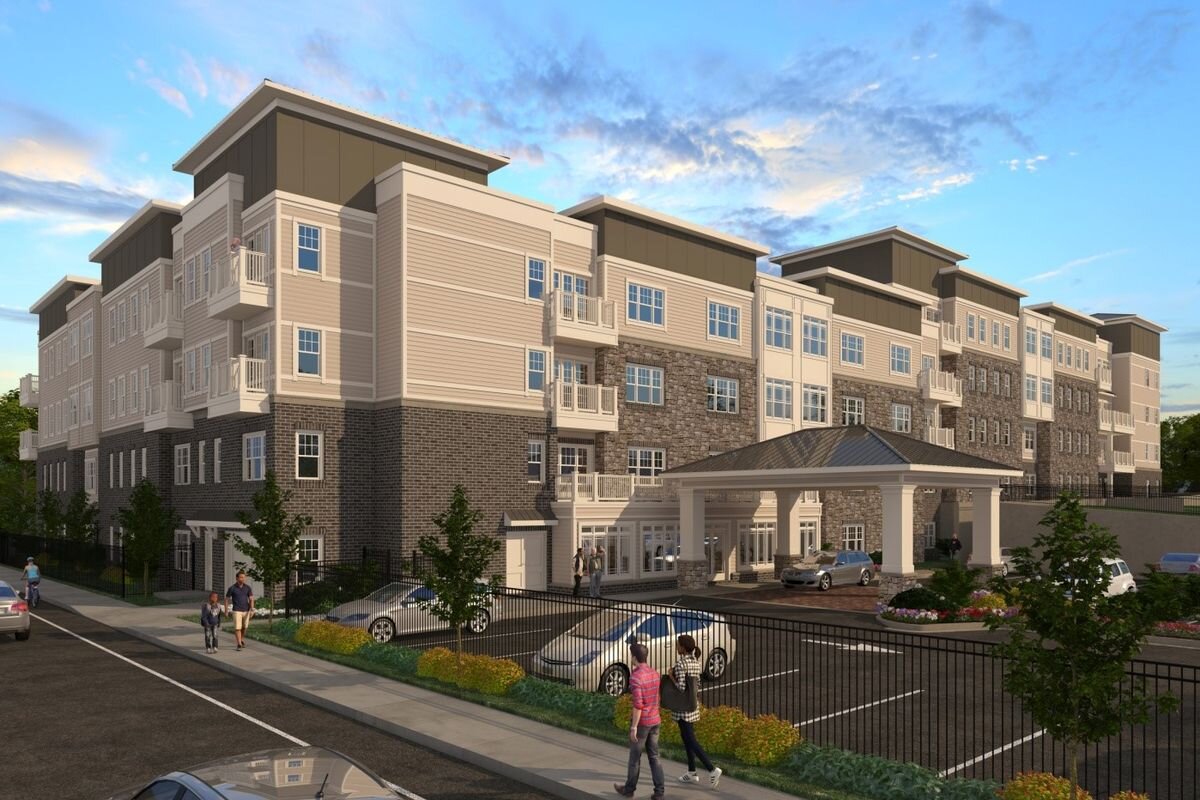
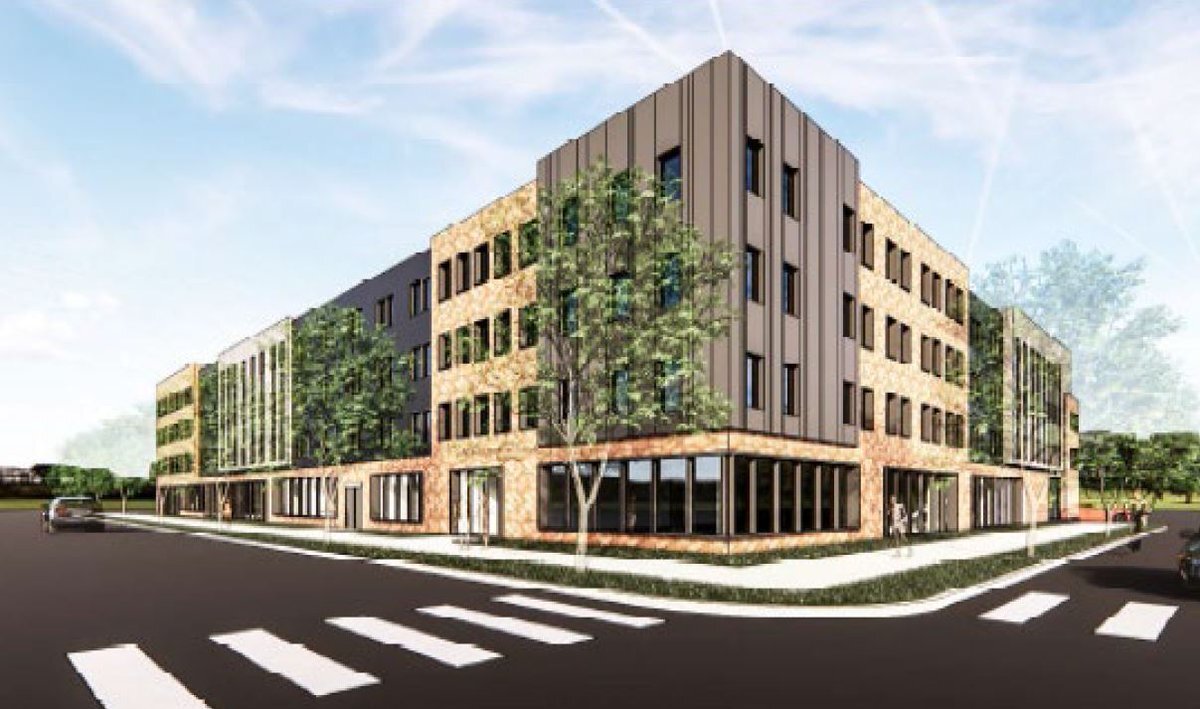
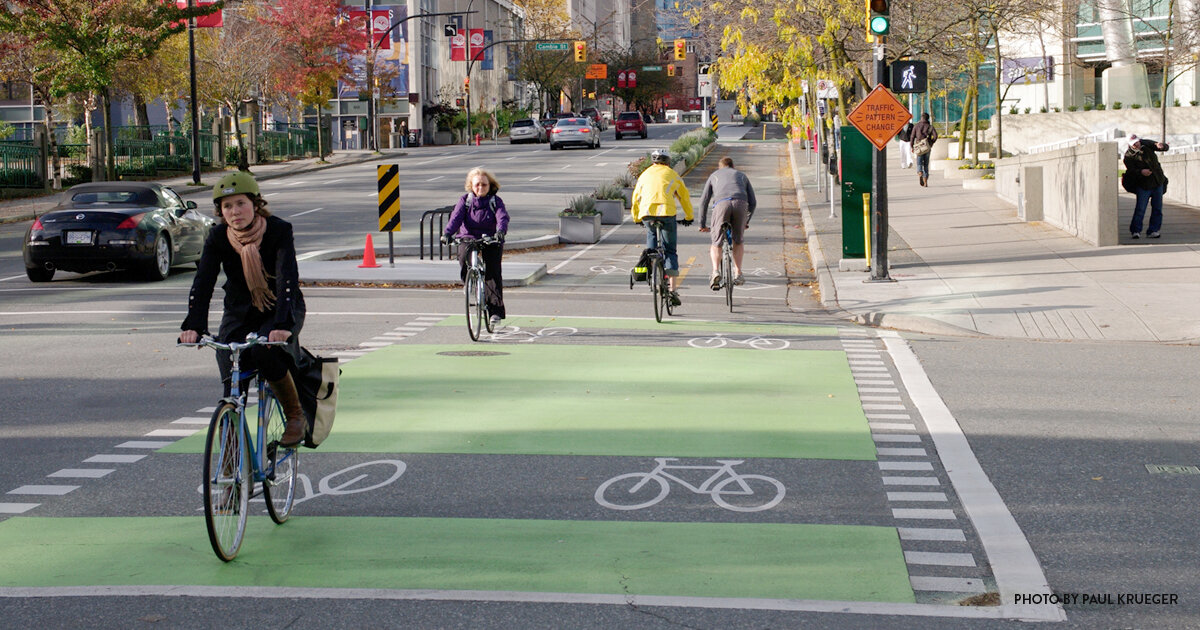

![DD Banners_-19[1].png](https://images.squarespace-cdn.com/content/v1/57e529da197aeadff414fd3b/1611611319223-RGFB3HF7B8FN20ENLJMJ/DD+Banners_-19%5B1%5D.png)


